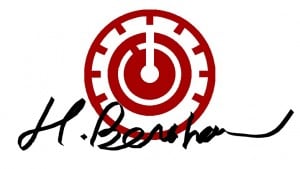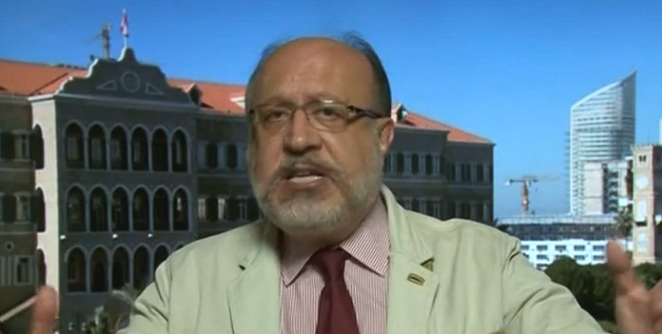La grandeur du crime est la seule différence qu’il y ait entre un conquérant et un brigand.
The scale of the crime is the sole difference between a conqueror and a thief.
Marat
Patriotism has negative connotations in some countries and positive connotations in others. Albert Einstein said it was the world’s most dangerous disease. The reality is that there are two different types of patriot. The one the politicians and their journalist friends would prefer you to follow doesn’t make you a patriot at all but a parrot – a mindless fanboy who only repeats their words.

In No Place to Hide, Glen Greenwald described the internal culture of the NSA by paraphrasing something Edward Snowden had said. Both concurred that one of the most insidious mechanisms of control that the NSA (and likely the rest of the US Intelligence Community and Military as well) uses on its innocent employees is to turn them into cowards under the heel of authority, and call it patriotism. Rather than loyalty to an ideal, the Constitution or “nation” that all American government employees wanted to commit themselves to defend, one instead falls prey to the idolatry of government authority.
The “authorities” in today’s journalism (those people don’t include insurgent bloggers like my allies and I) and governance want you to pledge allegiance to them rather than to a country or a constitution of any kind. Edward Snowden considered himself a patriot. In acting on what he thought to be patriotism – a truly moral variant of patriotism – he became a criminal, the most wanted man on Earth by the violent regime he once worked for.
What we need to consider here is that while many of us would like to follow Einstein’s example by scorning patriotism and its rhetoric (I did so on many occasions, calling into question the whole idea that nations exist objectively at all) deeds labelled as patriotism can still be the basis of much heroism. However, it becomes heroic only in those instances when a brave individual equates it with what he knows in his own heart to be right and necessary. And in that sense, their deeds would have been heroic whether or not they later equated them with patriotism in their rhetoric.
To be pro-war and to favor past wars (through Remembrance Day etc) for no reason other than that one’s country fought in them is the mark of someone who cannot think. Many people who call themselves patriots in North America and Europe fit this description, turning incompetent buffoons and liars like George W. Bush or Stephen Harper into heroes, or believing an aristocratic racist like Winston Churchill is somehow the role model for anti-fascists.
Being patriotic, in those young countries where it has deep positive connotations in people’s minds, ought to be framed less as obedience to authority than commitment to an ideal. The ideal of freedom from colonization is especially noble and any patriot of a professed nation that battles against colonization, genocide and repression (the Palestinians and the Tamils are excellent examples) is noble. The scorn of the internationalist should not be directed against them. It would be neither enlightened nor cosmopolitan to condemn the billions of people who consider themselves to be patriots in some form or other in the Global South. To distinguish between these liberated masses on the one hand and the craven American and European audiences who believe everything the government says on the other hand is to tell the difference between a free spirit and a slave. It is the difference between a citizen and a mindless attack dog of the global-occupied American police state.


